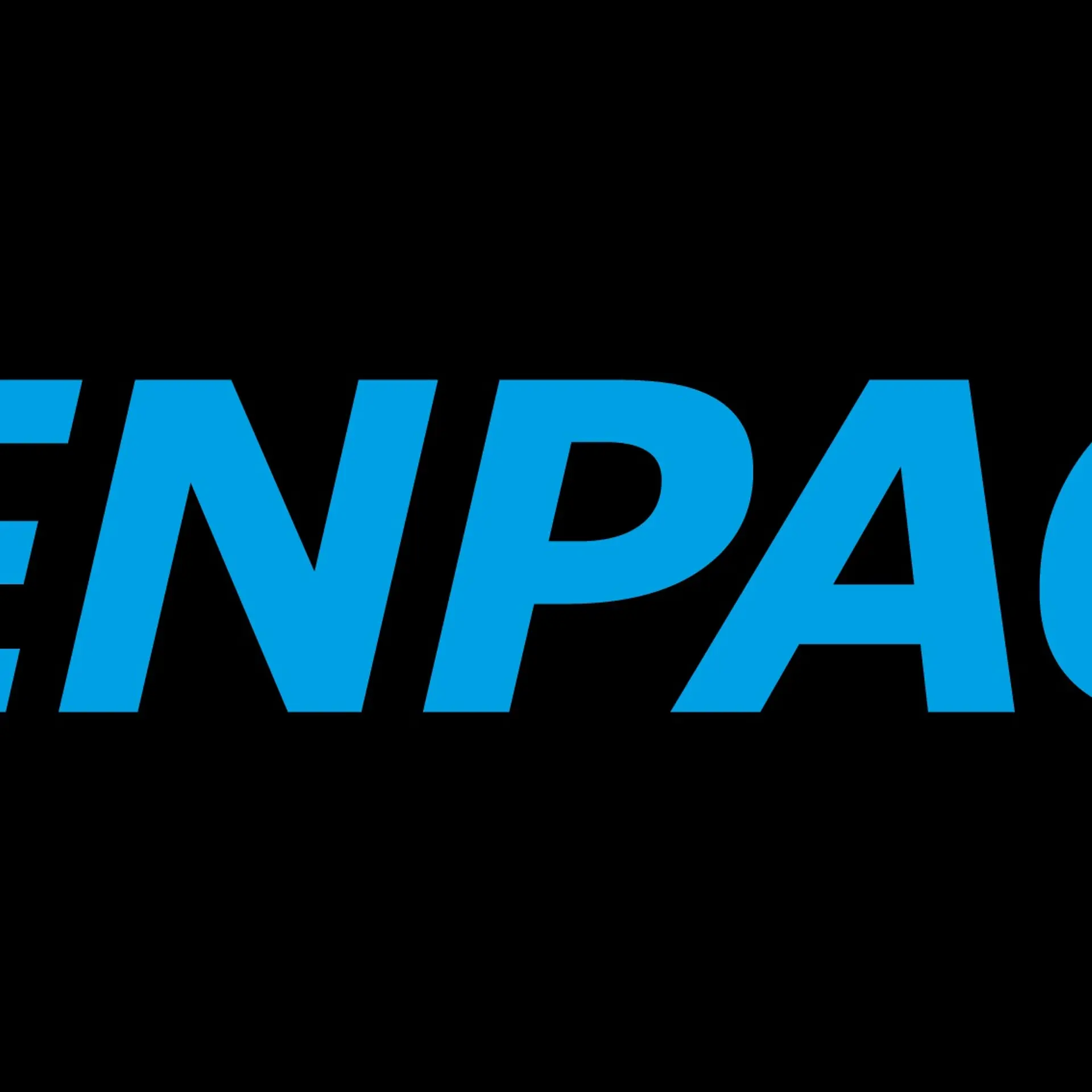

The Bandhan Bank-Gruh Finance Merger: Whom will it Favor?
What does the merger mean to Bandhan Bank?
Whispers in the Indian commercial corridors were getting prominent about the possible merger of The Bandhan Bank and Gruh Finance in the later parts of the 2018 and on January 7th, 2019, Bandhan Bank announced its acquisition of the Gruh Finance through an all-stock deal.
Of course, the deal will have to get the requisite nod from the required regulatory affairs. Bandhan bank started functioning in 2015 but is yet to meet the regulatory directive of trimming down its promoter shareholding from the current 82.28% (as per the licensing criteria, it should not exceed the same beyond 40%). The RBI, for a considerable amount of time, was not allowing the Bandhan Bank to open new branches, and even restricted them from keeping the promoters’ compensation at the same level.
The proposed deal will help the Bandhan Bank a great deal to bring down its developer holding to 60.27%. Although it needs to lower the promoter holding further down to 40%, post the deal, Bandhan would hope to get some liberty and the much-needed regulatory clearance to open new branches.
The Bandhan Bank has shown a keen interest in growing its non-micro loan division of late and is expected to achieve this after the merger, with its low-risk housing products. Moreover, the new entity will have its foot on two coveted markets – affordable housing and microloans. It will also enjoy a combined customer base with a broader reach in the central and western India.
Gruh Finance had a strong performance in 2018 with an 18% growth in loan disbursements, and an excellent 20% profit increase in the quarter ending September 2018. Also, it had the lowest working proportion of developer loans which is currently a thorn in the flesh for many housing finance providers. Its stocks were on the rise in 2018 and Bandhan Bank can benefit from all these credentials. Also, Bandhan Bank aims to have an outstanding loon book worth Rs 50036 crore after the merger. Bandhan would hope for assimilation of new technology platforms, an increase of shareholders' value and new product development in the coming days, which will be a welcome change from its ‘old-school’ image.
How will it benefit HDFC?
HDFC owns a holding of 57.9% in Gruh finance, which has achieved resounding success in the affordable housing segment. Gruh has made rapid strides in its niche segment with an 18% increase in its loan book in FY 2017-18. It also reported a post-tax profit of Rs 363 Crore in the same year.
Thanks to the market performance of Gruh and the desperation of Bandhan to comply with the stated regulation, Bandhan has ended up acquiring Gruh at an exorbitantly high valuation (13.6 times its worth as per Sept 2018 net worth figure). At the same time, Bandhan Bank’s price-book valuation was kept only at 6.45 times its net worth.
We know that the actual monetization of the deal is in pipeline but HDFC is the clear winner here as it is selling its stake at a premium (as indicated by the share swap ratio). Also, it can now dig deep into the low-income or affordable rural housing segment of the home loan borrowers, without worrying about overlapping with its subsidiary. As per the financial reports of HDFC, 18% of its lending in the first half of 2019 has been targeted towards the economically weak sections and other low-income groups of the society.
We are excited for more details. We will keep you posted though!
This post is written by Jayant Upadhyay, Content Head, Afinoz.com, an online financial marketplace for customized rate quote on loans, insurance and investment products.




